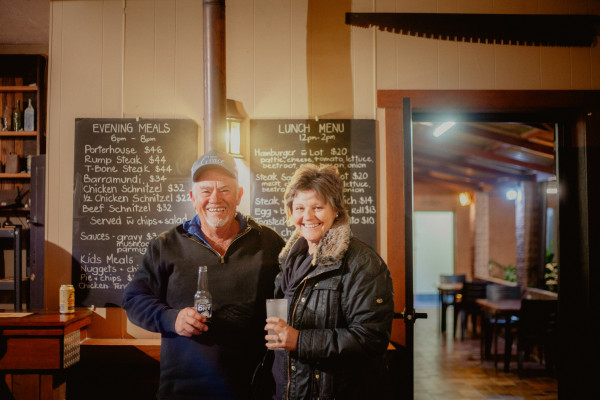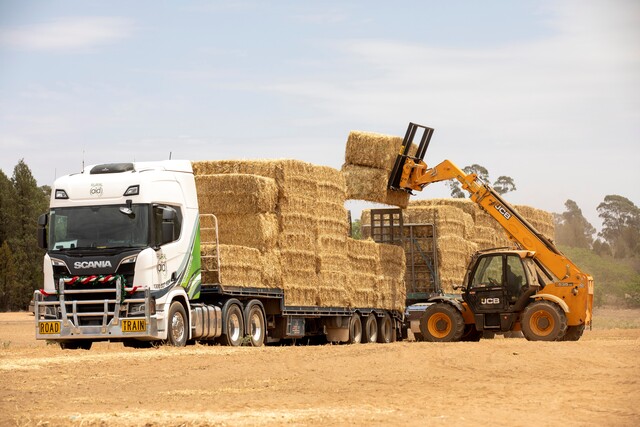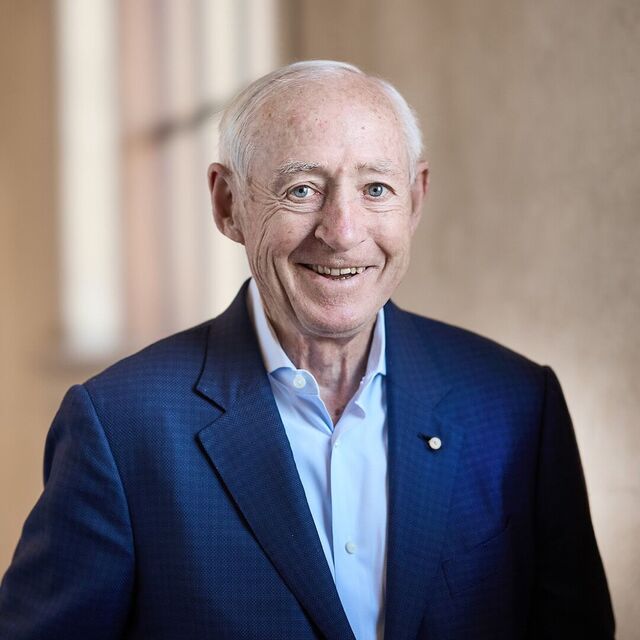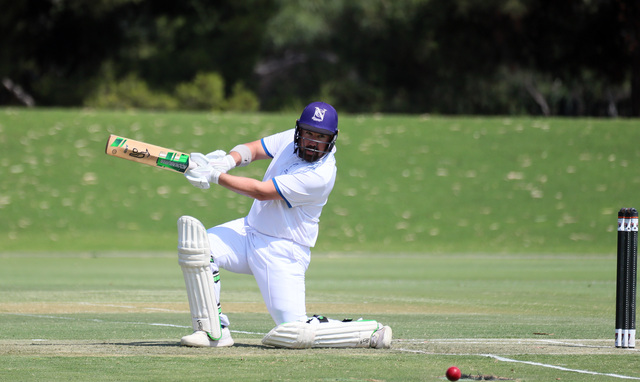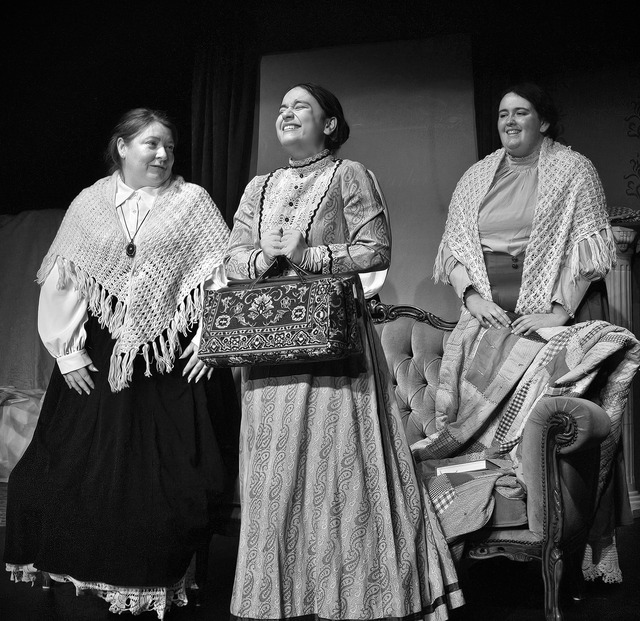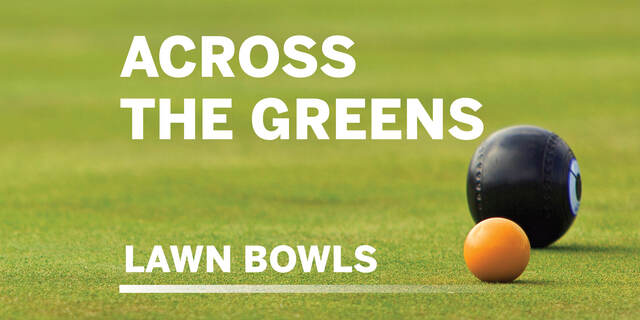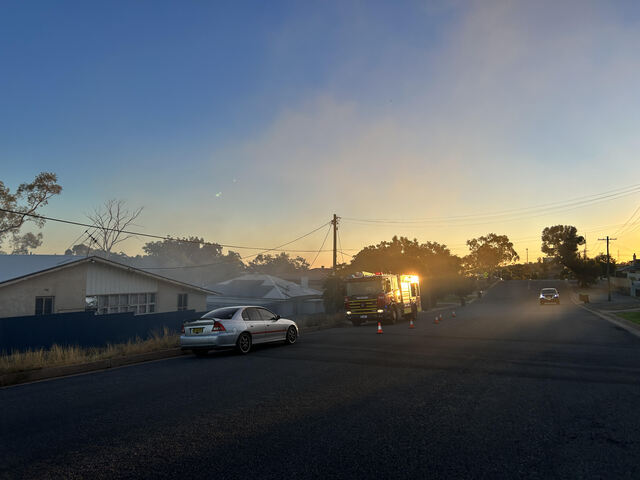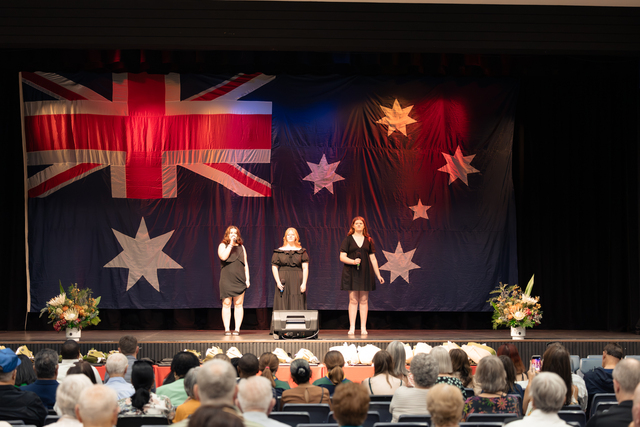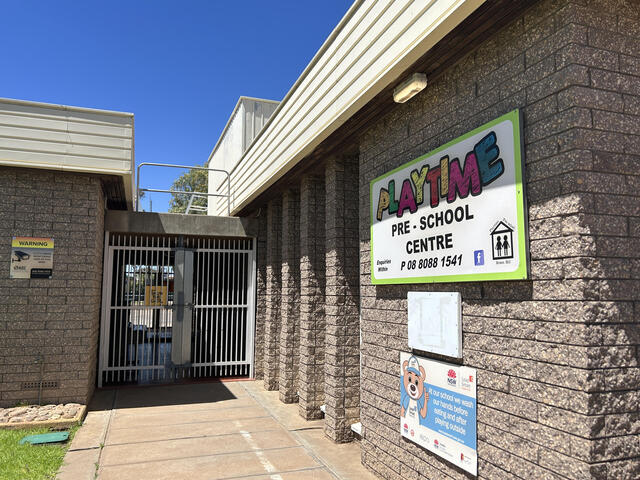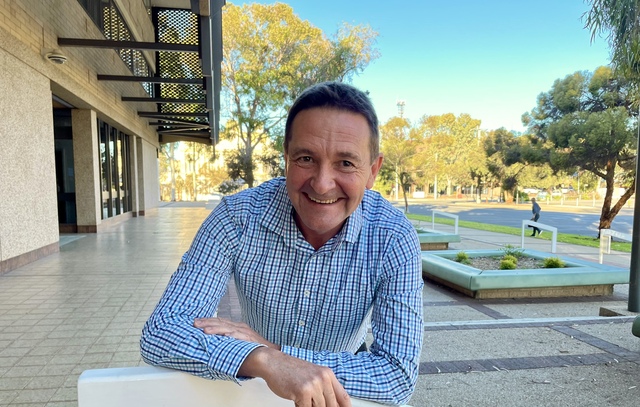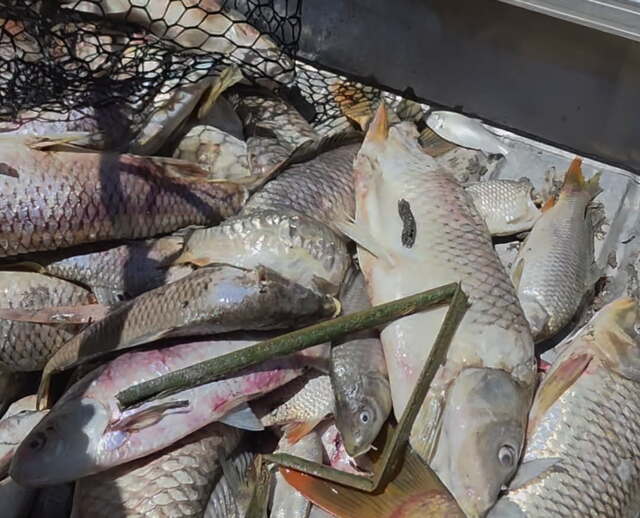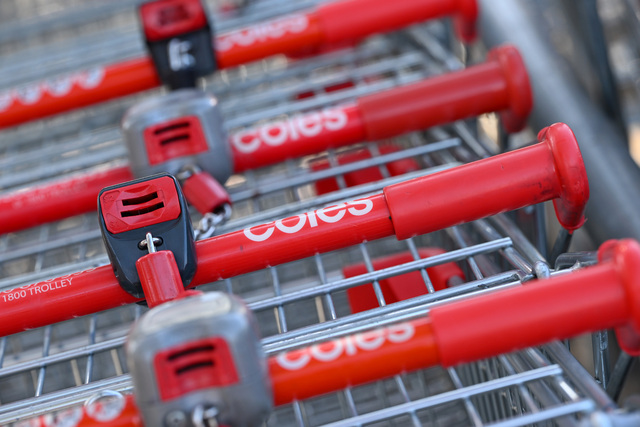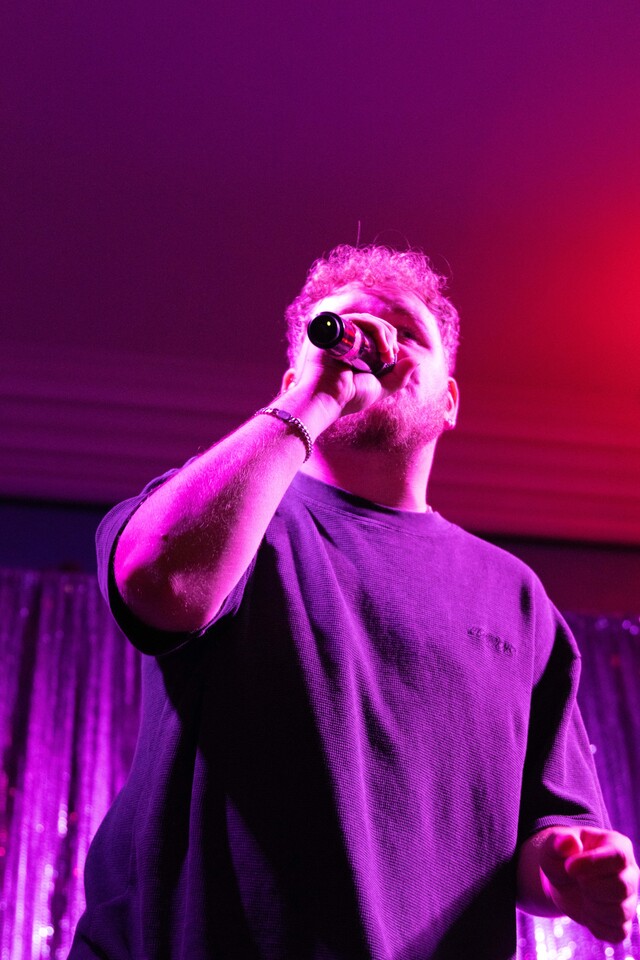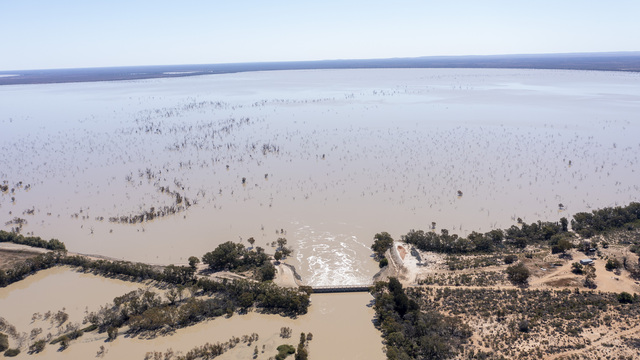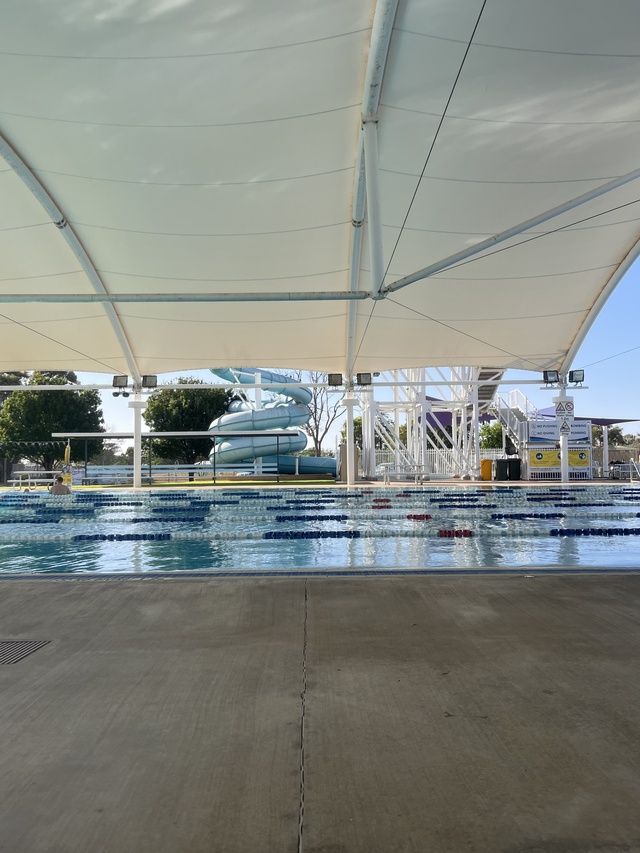FOR Luke and Lorraine Kuerschner, life on the land isn’t a story, it’s simply the way things are.
The Kuerschners, who run a station called Peak Hill in far western New South Wales, carry the weight and pride of a legacy that stretches back over a century.
“Luke was fourth generation on the property,” Ms Kuerschner said. “So it’s been in the family since 1922.”
In a region shaped by heat, hard work and forgotten histories the duo’s partnership is built on more than just shared land; it’s built on a shared life.
They met during the Milparinka Gymkhana weekend.
“The first night we ever met,” Lorraine recalled. “A girlfriend said, ‘Jump in, we’re going to Milparinka’. And I met Luke at the bar.”
“I didn’t buy her a drink,” Mr Kuerschner added. “She said I was arrogant.”
“Thirty years later,” Ms Kuerschner said, “we’re still here.”
Mr Kuerschner was raised at Peak Hill, where the harsh Outback landscape has never spared much.
“You have hard years, just waiting for the rain,” he said.
“Just add water, that’s all we need. If you can come up with a solution for how to prepare for a drought, I’d love to hear it. Because drought’s like a slow cancer.”
Mr Kuerschner speaks from experience. As a kid, he rode horses and watched a different kind of bush life, one filled with hands-on skills and close-knit communities.
“We started off with horses when I was little. But I reckon it would’ve been ’85, the last time we used horses like that,” he said.
The land remembers. The old blacksmith shop still stands, a relic from a time past. “They didn’t really talk about it,” Mr Kuerschner said of earlier generations.
“They went through the gold rush, and then the Depression. They were digging and stuff like that. They’d always say, ‘I’ll take you and show you where the gold is,’ but they never did.”
Community, once the lifeblood of the Outback, has changed since Mr Kuerschner’s youth.
“There was more people. Back then, everyone had five, 10, 15 people working for them,” he said.
“There were gatherings, everyone knew their neighbours. Cricket, tennis, race meetings, and the pictures [drive in cinema] at Peak Hill and Milparinka”
The couple has watched the region shift with the times. “It’s still a little bit the Wild West to a degree,” Mr Kuerschner said.
“Your block of land is your domain.”
Ms Kuerschner, who joined the station full-time after their children left for boarding school, said the lifestyle took root early in their relationship.
“I was going out with Luke long enough and coming up backwards and forwards, and he sort of included me in the day-to-day running from the get-go,” she said.
The pair’s day-to-day includes raising three daughters, all of whom have taken the Outback spirit to heart.
“They’re all mustering,” Mr Kuerschner said proudly. “Doing all the stuff you see on TV—chasing bulls, bull catchers, helicopters.”
Ms Kuerschner remembers how quickly she was thrown into the deep end.
“We’d only been going out a few weeks, and I was mustering cattle on a motorbike—a 600cc. I’d never done that before,” she said.
As parents, Mr Kuerschner was determined their kids would grow up with more ‘city skills’ than he had.
“When I went to school, I couldn’t hit a cricket ball, couldn’t catch a football. They literally had to put the football in my arms,” he said.
“So from the get-go, I wanted the kids to have those skills.”
Through droughts, dust storms, and decades of change, the Kuerschners have stayed true to the land and each other.
“It’s not a story to us,” Mr Kuerschner said. “Because it’s a way of life.”

